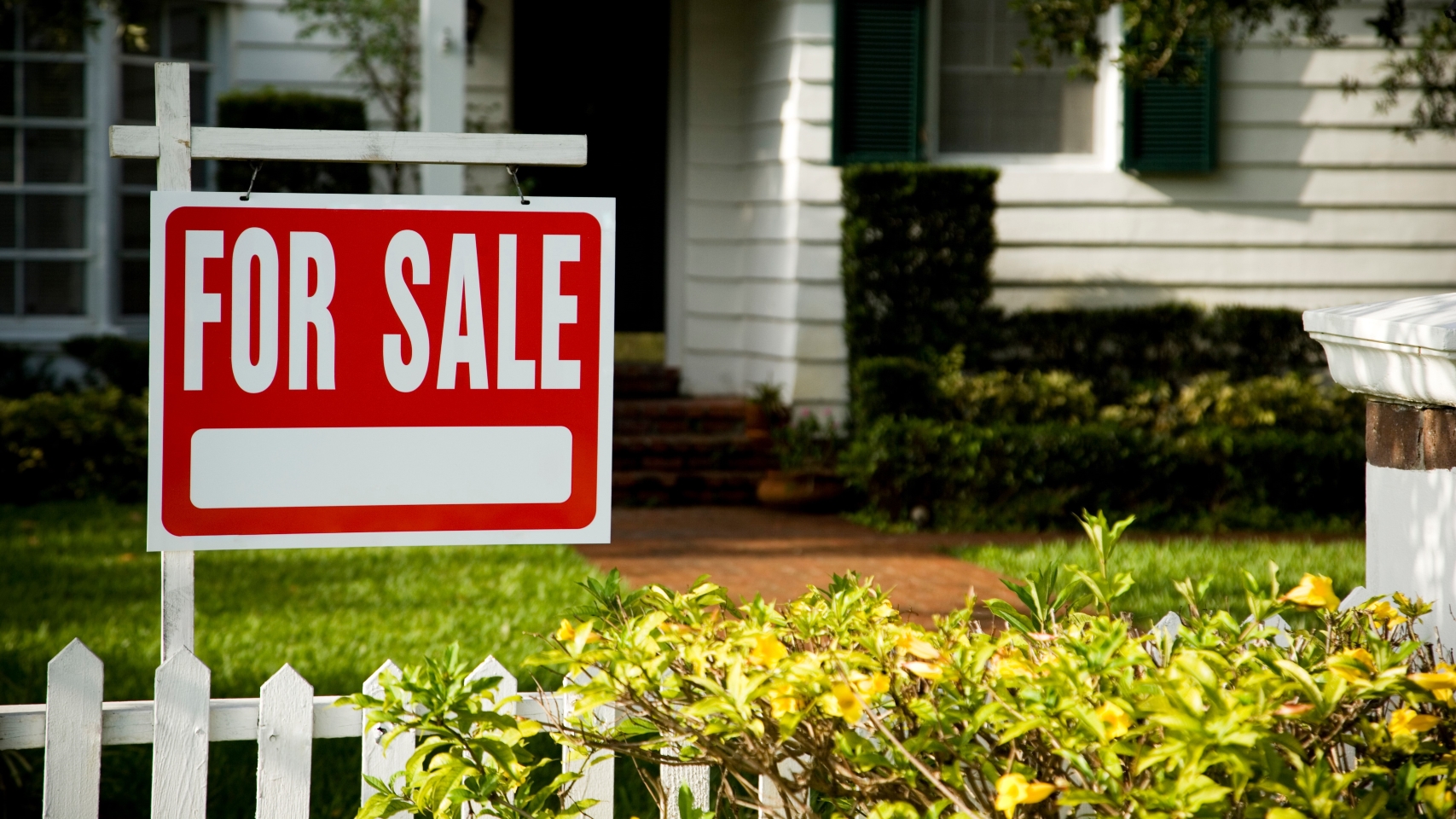Buying or owning a home in the UK comes with more than just the usual costs and upkeep, thanks to the ridiculous blend of ancient rules, overlooked clauses, and obscure responsibilities we all enjoy under the banner of British property law.
From ambiguous rights about sunshine to a medieval law that could see homeowners paying for someone else’s roof, here are some of the weirdest property laws still on the books.
Numbers, flying, and light…
Not displaying your house number could get you fined
Who actually thinks about their house number? It’s just sort of there, on your house. However, if it’s not clearly visible from the street, you could be in breach of the Towns Improvement Clauses Act 1847. Local councils enforce this law, which aims to ensure emergency services can find properties quickly. Homeowners are expected to mark their properties in a “conspicuous place,” and failure to comply can result in fines.
Some councils even have strict rules on size, font and placement. So, that fancy plaque that you’ve tucked behind a hedge that you think looks charming could actually land you in trouble. Serves you right.
Flying freehold: when your property floats over someone else’s
A flying freehold occurs when part of a property—like a bay window or upper floor—extends over neighbouring land. It might look harmless, but legally, it can be complicated. Property repairs could require access through someone else’s land, and responsibility for maintenance is often unclear.
Mortgage lenders also tend to be cautious with these arrangements, sometimes delaying or denying loans until legal checks are complete. Buying a home with a flying freehold usually means more paperwork, slower progress, and, worst of all, conversations with neighbours.
Right to light: your legal claim to sunshine
You don’t automatically have a ‘right to light’, it usually has to be acquired.
However, under the ancient “Right to Light,” homeowners who have enjoyed natural light through a window for 20 years or more can challenge developments that significantly reduce it. The law considers whether the remaining light is enough for “ordinary domestic use.” – like seeing.
It’s not about comfort but practicality, and claims under this law have forced changes to building projects across the country. As a result, developers must tread carefully when building near established homes.
- Click here to read on Next
Please visit:
Our Sponsor
